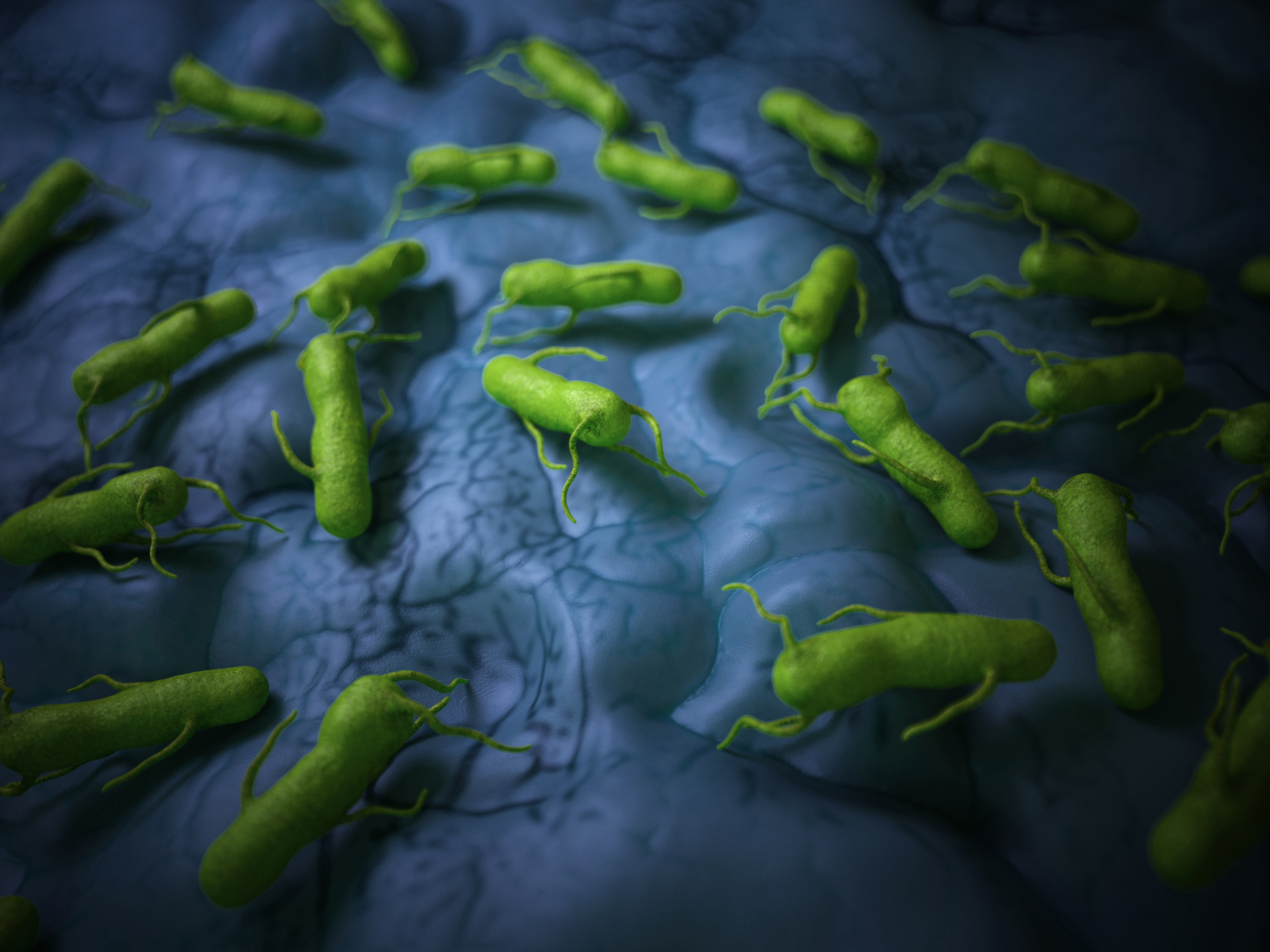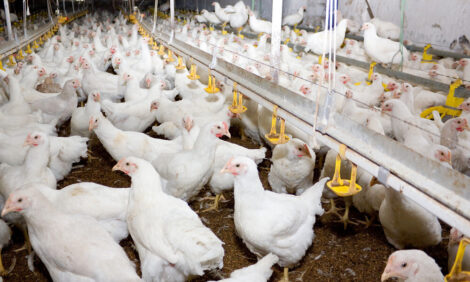



USPOULTRY is seeking new strategies for controlling Salmonella and Campylobacter
USPOULTRY is accepting research proposals on practical control and mitigation strategies for Salmonella and Campylobacter in chickens and turkeys.USPOULTRY and the USPOULTRY Foundation are accepting research pre-proposals from colleges, universities and research facilities through 1 November on Salmonella and Campylobacter control and mitigation strategies in chickens and turkeys.

The poultry industry has seen many changes in production and processing over the last century, but food safety issues and outbreaks associated with Salmonella and Campylobacter continue to persist. Research is needed to develop effective and practical prevention, intervention and control strategies.
The research areas of focus should include developing effective and practical intervention strategies that result in:
- Quantifiable Salmonella and Campylobacter reduction at the breeder, hatchery, grow-out and processing levels
- Developing cost-effective and practical methods to quantify the impact of Salmonella and Campylobacter control interventions in the field
- Evaluating interventions (eg, vaccination, pro-prebiotics, immune modulators, etc.) and developing strategies for breeder and commercial turkeys and chickens to reduce or eliminate Salmonella and Campylobacter of bird origin in the processing plant and final products
- Evaluating the ecology and survivability of Campylobacter throughout production to facilitate improved control strategies; and developing effective Campylobacter vaccines.
The research should also answer the questions of
- Does Campylobacter transmission from hens to the progeny occur due to eggshell contamination or true vertical transmission?
- Can the molecular epidemiology of Salmonella serotypes in poultry help determine epidemiologic associations and shared sources?
Visit the USPOULTRY research page and click on the “Board Research Initiatives” sub-header for complete instructions to submit a pre-proposal.









